A New Device Could Help Students with Disabilities Navigate Technology
EdTech Magazine
AUGUST 22, 2023
A new tongue-operated device could mean K–12 students with disabilities who can’t use other types of assistive technology can still work with laptops, tablets and other classroom tools. MouthPad, a custom-fitted interface that attaches to users’ upper teeth like a retainer, functions somewhat like a trackpad.

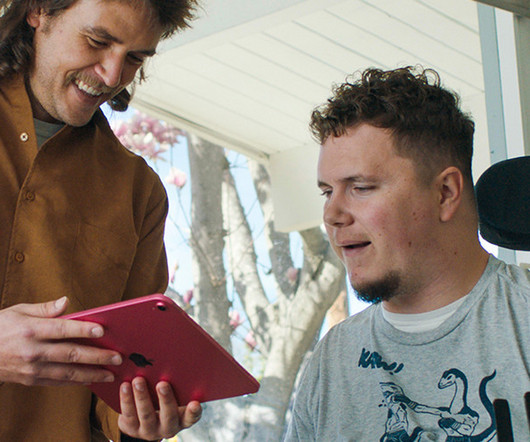
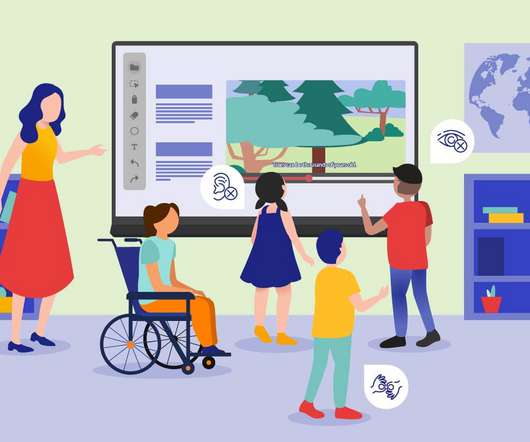


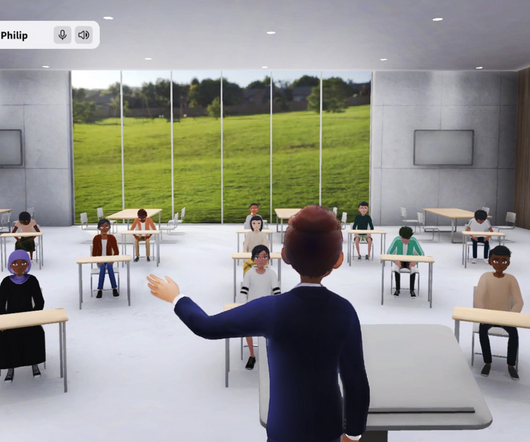










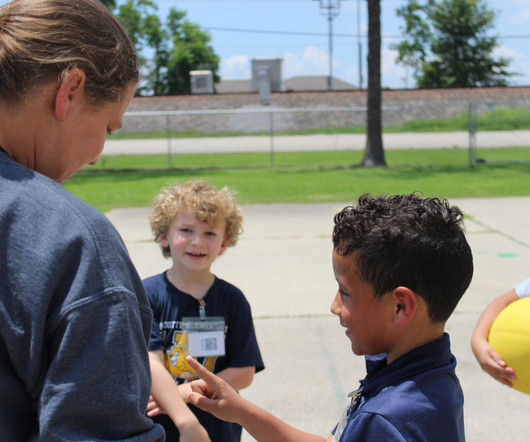
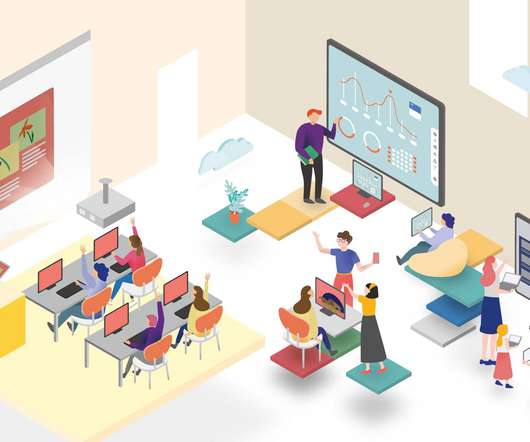





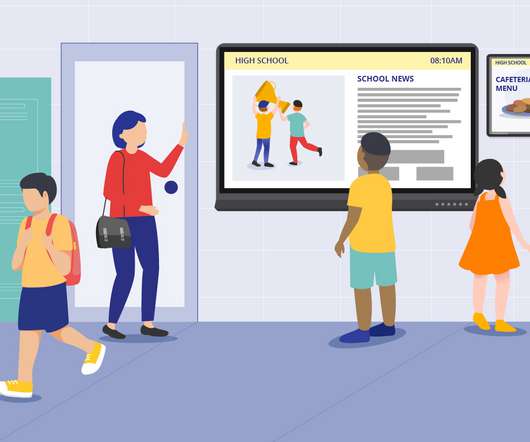
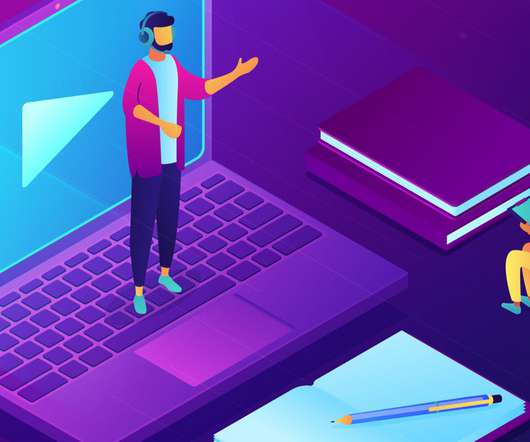
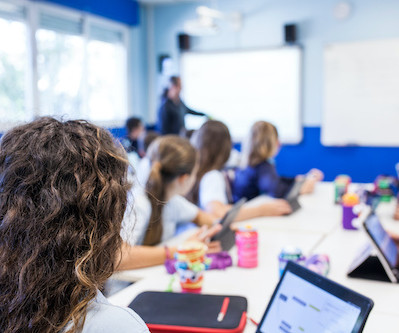










Let's personalize your content